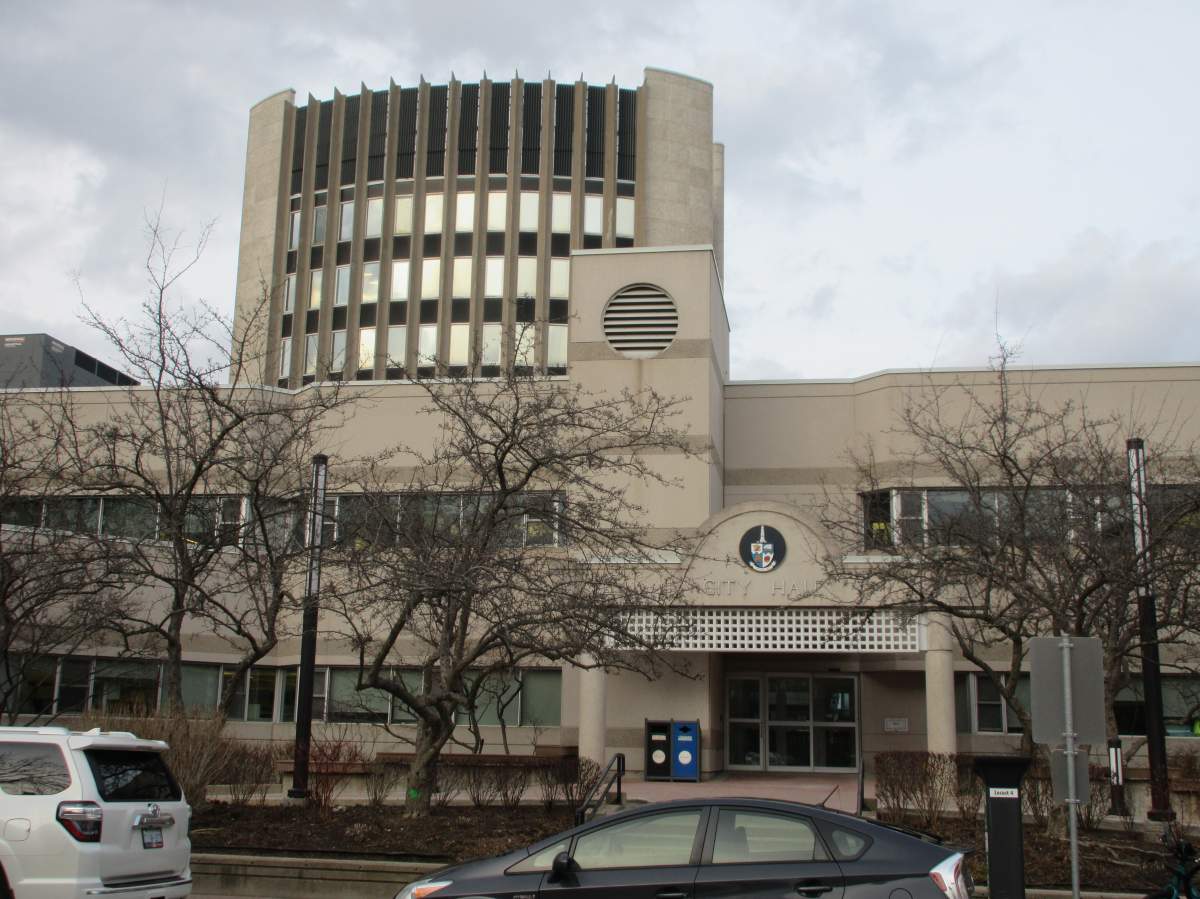Burlington, Ont.’s mayor says her proposed 4.99 per cent municipal tax increase has much to do with a focus on “need to have” items the community will want delivered through the 2024 budget.

Marianne Meed Ward says the bulk of the cash will take care of the “essentials” city staff are contractually obligated to handle, like infrastructure and “state of good repair” items amid extraordinarily tough times.
“We don’t want our roads, community centres and parks falling apart,” Meed Ward said.
“(We) also looked at front-line services because even as residents are saying ‘please don’t raise our taxes’ they’re also asking for enhanced and new services, things like plowing pathways to schools so that kids can choose to walk rather than be driven.”
The province’s housing crisis and the accompanying plan for growth will impact taxpayers as well in the coming years with an adopted target of 29,000 new homes, which Meed Ward says need to be “complete communities.”
“I’ve put some money in the budget to prepare for all of the growth that is coming and make sure we maintain that quality of life,” she said.
Including the Region of Halton and education contributions, estimated at 1.33 per cent, taxpayers could be enduring a total impact in the 6.33 per cent range, according to Meed Ward’s assessment.

Get daily National news
It’s lower than what the city’s finance staff came up vai their Financial Needs and Multi-year Forecast overview, which called for a 6.28 per cent increase with a total levy of 7.61 per cent for 2024.
Meed Ward is going for a $24-million levy in a total collection of $243.4 million in taxes next year.
The proposed hike will be in front of council on Thursday when Meed Ward presents her budget – as required by new provincial legislation.
Strong mayor powers require her to prepare a budget with the deputy mayor for strategy and budgets, Paul Sharman.
She says despite that, the decisions will still be a collaborative process with council.
“At the end of the day this will be a mayor and council’s budget, we will land where we land based on amendments,” Meed Ward said.
“They can amend my budget, they can cut things, add things. That’s what we’ll be doing November 21st and 23rd.”
'Pipeline to permit' hopes to streamline applications to grow housing in Burlington
Meed Ward says the city will be looking into speeding up its contributions to the province’s initiatives to solve Ontario’s housing crisis through a new standing committee to help streamline the process.
The ‘pipeline to permit’ committee will include representatives from the development industry, such as the West End Home Builders’ Association, along with council members to specifically look at process improvements.
The group is expected to address gaps to put more shovels in the ground for affordable and attainable housing in addition to taking advantage of funding opportunities with upper levels of government.
“We absolutely are open to process improvements to making things faster,” Meed Ward said.
“Time is money for applicants, but it’s also it’s time and money for us too.”
In August, Premier Doug Ford criticized Meed Ward and the city for insisting it was “doing its part” by committing to about five per cent, or around 200, from a pledge to add 29,000 homes.
Meed Ward responded by saying the city is issuing the required permits and that it’s up to the developers to make it happen since “municipalities don’t build homes.”
“We have 38,000 units in our development pipeline, so as long as builders come in, make applications and pull permits when we’ve approved them, we should be fine,” she said.
Ken Bekendam, Founder of Legal Second Suites, previously told Global News that in his experience with the city it takes as much as a year to get approvals.
“In Brantford, I can get a secondary dwelling approved with them probably 3 to 4 weeks from when we make our initial submission, but in Burlington it takes upwards of a year to get a legal basement apartment approved because of their process.”











Comments
Want to discuss? Please read our Commenting Policy first.